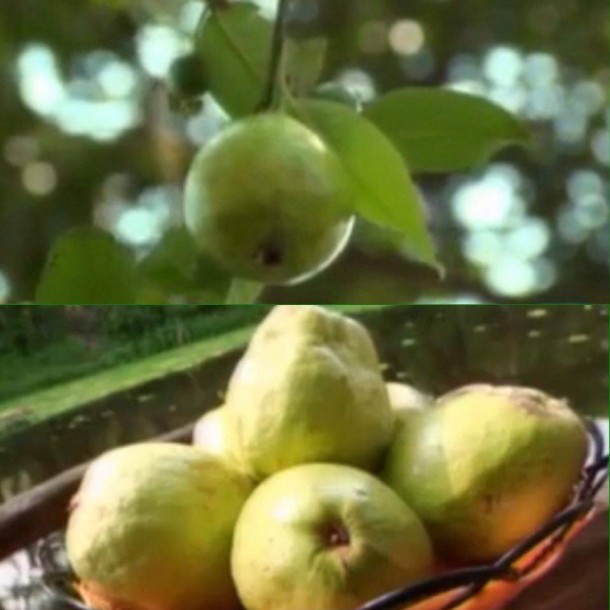
A long time ago, there was a king who ruled a rich, prosperous island. He had all the things a king could ever ask for: the power, the wealth, and all the delicious foods. The king’s name was King Barabas.
The king was fat and rude, and his castle was starting to become filthy. He would spend most of his time sitting and eating with his bare hands. As he ate, he dripped food on the floor and smiled mockingly at the people around him.
People from the kingdom would approach with requests for his help, but he would always refuse. As he neglected his kingdom, people started to complain and starve.
After a time, a hunched old beggar woman showed up at the castle while the king was eating. The old lady asked for food as she was starving.
“Go away! I don’t have anything to give to you. Can’t you see I’m eating?” said the king.
“Please my king,” said the old woman. I’m asking for anything, anything you could give me as I am so hungry. Even a little piece of bread or fruit would do.”
“Get out at once! You disgust me,” the king belittled the old beggar.
The old woman stood up straight, casting aside her stooped posture. I’ve heard much about you and how your kingdom is suffering.” The tone of her voice had changed. It was no longer the voice of a weak, old woman. “I asked for help, and you shoved me away. You have a lot for yourself, but when I only asked for a little food, you belittled me. You are selfish. No one loves you and no one will remember you when you are gone.”
And the beggar disappeared.
After a few more days, the king slowly weakened and became sick. No one knew what was wrong with him. He weakened and weakened and lost much weight. He looked older than his age. Soon after that, the king died. As unfortunate and unexpected as it was, no one cried and nobody showed up the king’s burial. He died alone.
And where the king was buried, his people noticed a strange plant growing, a plant they had never seen before. The plant grew into a tree, which bore rounded fruits that turned yellowish when ripe.
They also noticed that the fruit seemed to have crow, which reminded them of their selfish, arrogant king. The flesh of the fruit tasted a bit sour, just like the sour personality of the king towards them.
The people learned to eat the fruit, which helped them overcome their hunger. And because the tree was from the grave of their King Barabas and it has crown just like their king, they named the tree after him: barabas, which in time they called bayabas.
Credit: Owlcation.com